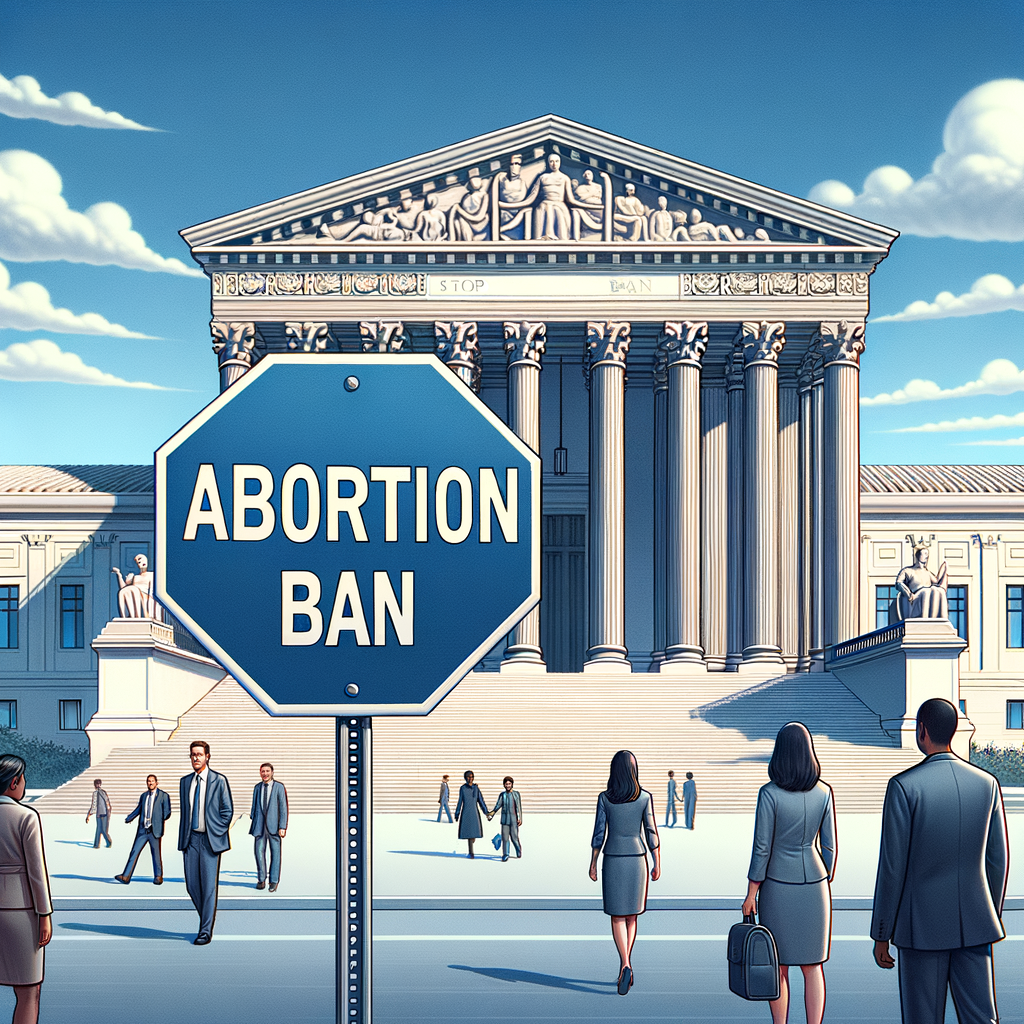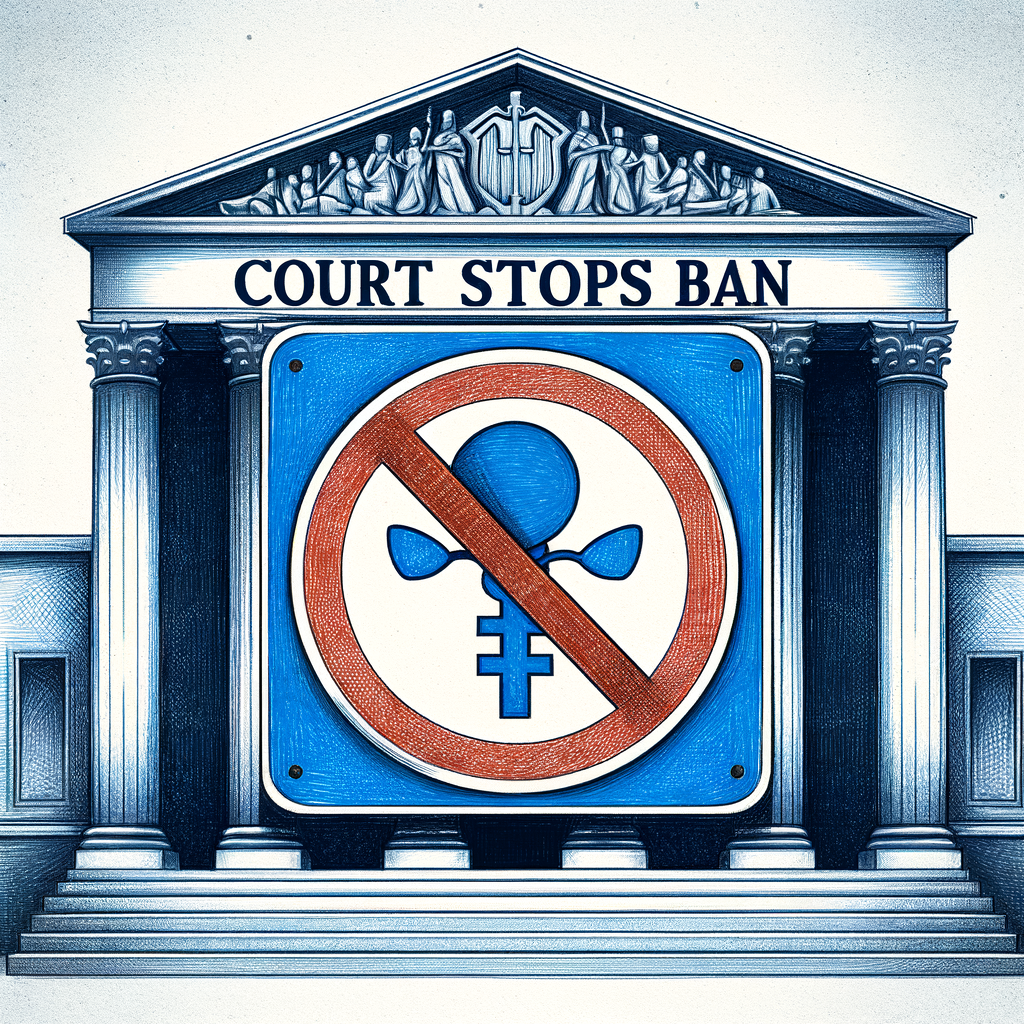Background
In March 2022, the Idaho legislature passed SB 1309, a “trigger law” that would have banned nearly all abortions in the state if Roe v. Wade were overturned. The law was set to take effect on August 25, 2022, upon the issuance of a “certificate of finality” by the Idaho Attorney General.
In response to the passage of SB 1309, the Center for Reproductive Rights, Planned Parenthood, and the American Civil Liberties Union filed a lawsuit challenging the constitutionality of the law. The plaintiffs argued that the law violated the right to privacy and bodily autonomy enshrined in the Fourteenth Amendment.
District Court Ruling
On July 8, 2022, U.S. District Judge B. Lynn Winmill issued a preliminary injunction blocking SB 1309 from taking effect. Judge Winmill ruled that the plaintiffs were likely to succeed in their constitutional challenge to the law and that the public interest would be better served by maintaining access to abortion while the case proceeded.
Ninth Circuit Appeal
The Idaho Attorney General, Lawrence Wasden, appealed Judge Winmill’s ruling to the Ninth Circuit Court of Appeals. The Ninth Circuit heard oral arguments on August 16, 2022.
On August 24, 2022, a three-judge panel of the Ninth Circuit upheld Judge Winmill’s injunction by a 2-1 vote. The majority found that the plaintiffs had met the stringent requirements for a preliminary injunction, including a “likelihood of success on the merits” of their constitutional claims.
Supreme Court Intervention
The Idaho Attorney General then sought emergency relief from the Supreme Court, asking the justices to lift the Ninth Circuit’s injunction and allow SB 1309 to take effect. On August 25, 2022, the Supreme Court issued an unsigned order temporarily blocking the district court injunction and allowing SB 1309 to take effect.
The order was issued without explanation, but it is likely that the justices were concerned about the imminent expiration of the injunction granted by Judge Winmill. The order also noted that the Court would consider the Idaho Attorney General’s request for a stay more fully in the coming weeks.

Significance of the Supreme Court’s Order
The Supreme Court’s order is a significant setback for abortion rights advocates in Idaho. SB 1309 is one of the most restrictive abortion laws in the country, and it would prohibit nearly all abortions after the moment of fertilization. The law would make it a felony for healthcare providers to perform an abortion, punishable by up to five years in prison.
The order also raises questions about the future of abortion access nationwide. In June 2022, the Supreme Court overturned Roe v. Wade, the landmark decision that had protected the right to abortion for nearly 50 years. Since then, a number of states have passed restrictive abortion laws, and it is unclear whether the Supreme Court will uphold these laws.
Next Steps
The Supreme Court will now consider the Idaho Attorney General’s request for a stay of the Ninth Circuit’s injunction. The Court is likely to issue a ruling on this request in the coming weeks.
If the Supreme Court allows SB 1309 to take effect, it will have a devastating impact on abortion access in Idaho. Healthcare providers will be prohibited from performing abortions, and women seeking abortion will be forced to travel out of state.
Abortion rights advocates are hopeful that the Supreme Court will reconsider its order and ultimately uphold the right to abortion in Idaho and other states. However, the Court’s recent actions suggest that the justices are willing to allow states to restrict abortion access more severely.
Implications for Abortion Access Nationwide
The Supreme Court’s decision in Idaho is a harbinger of what could happen in other states across the country. A number of states have passed restrictive abortion laws that are currently blocked by court orders. If the Supreme Court allows these laws to take effect, it will have a profound impact on abortion access nationwide.
Millions of women in the United States could lose access to safe and legal abortion if these laws are upheld. This would have a disproportionate impact on low-income women, women of color, and women living in rural areas.
Conclusion
The Supreme Court’s decision in Idaho is a major setback for abortion rights. The Court’s order allows one of the most restrictive abortion laws in the country to take effect, and it raises questions about the future of abortion access nationwide. Abortion rights advocates are hopeful that the Court will reconsider its order and ultimately uphold the right to abortion, but the Court’s recent actions suggest that the justices are willing to allow states to restrict abortion access more severely.




